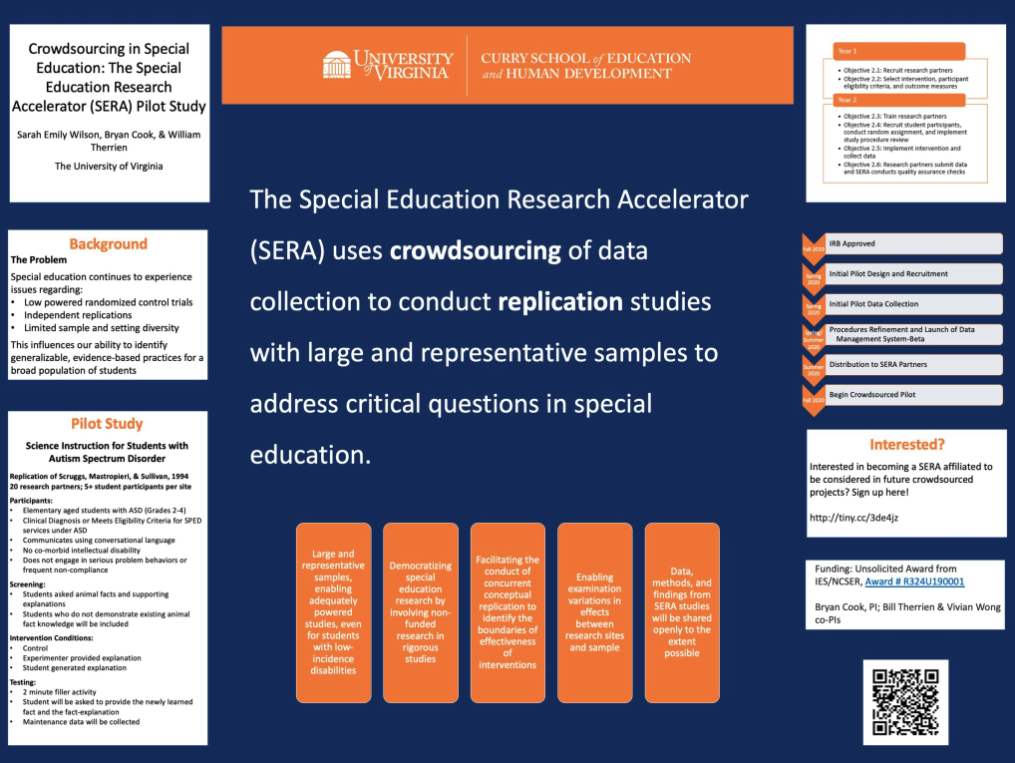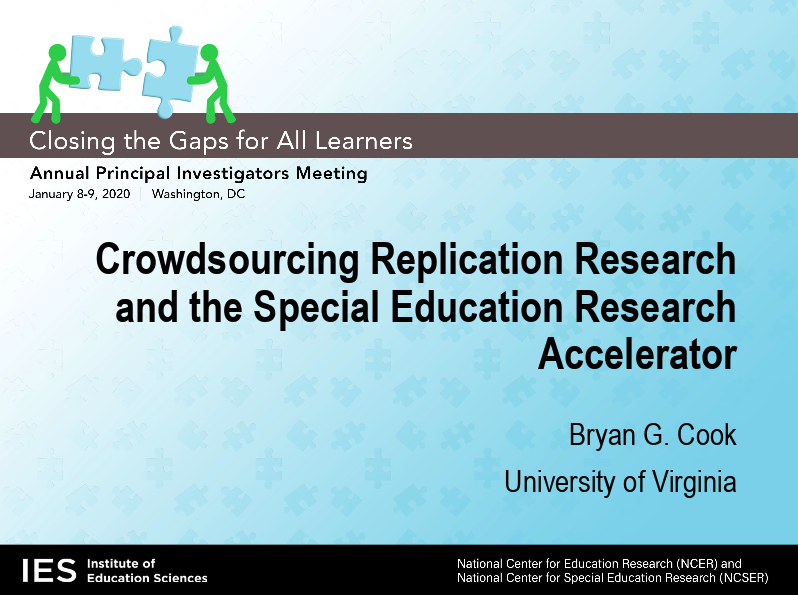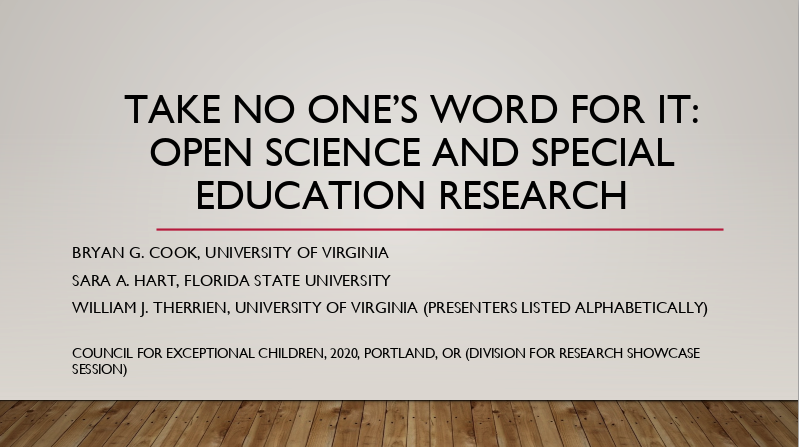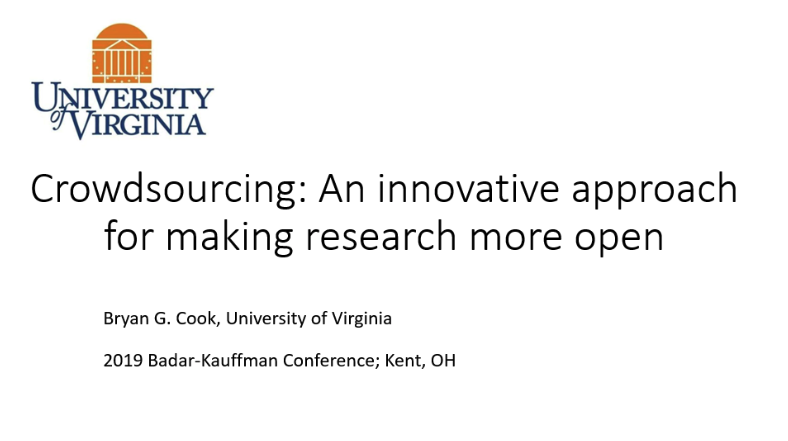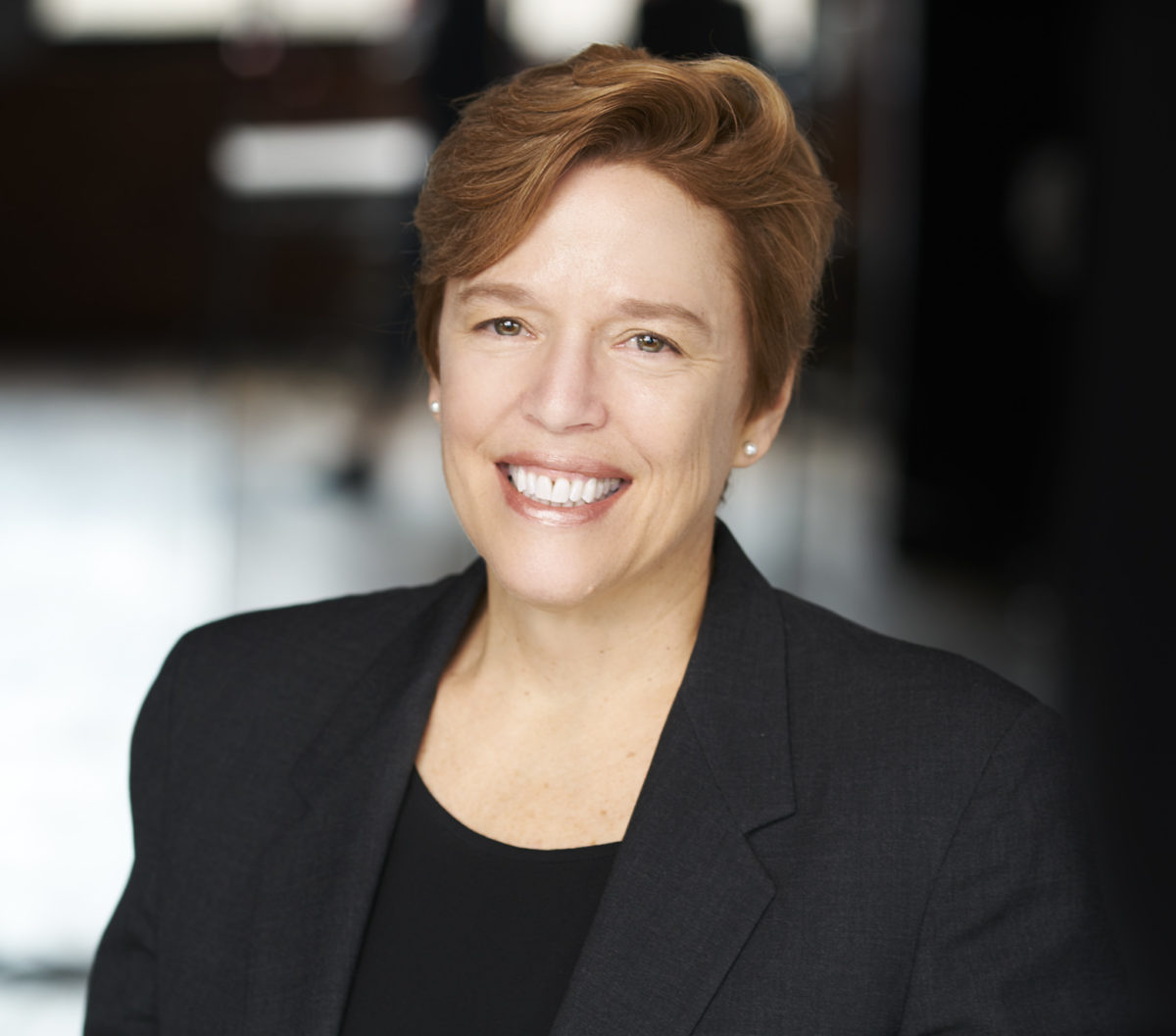Crowdsourcing in special education: The Special Education Research Accelerator (SERA) pilot study
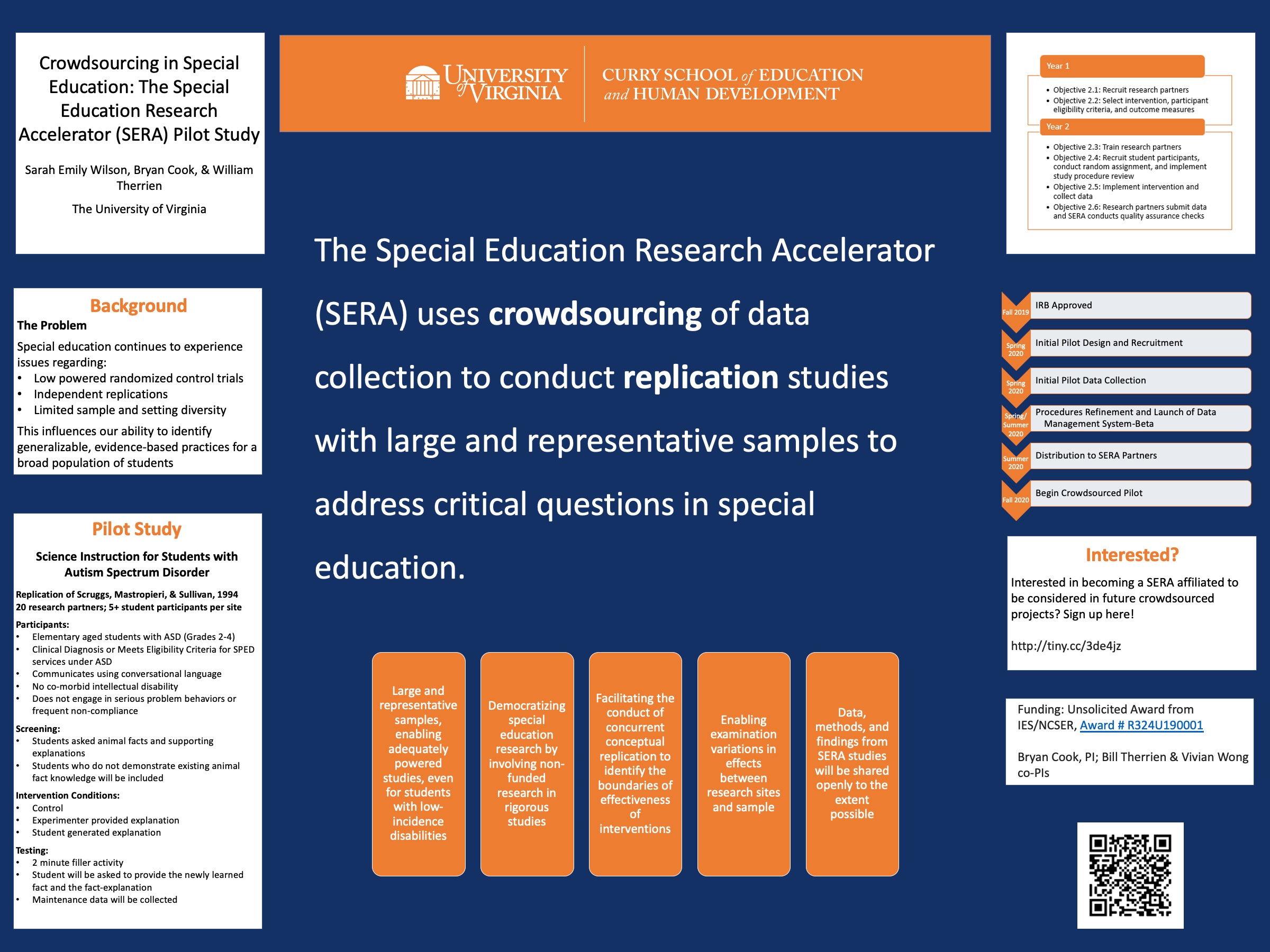
Wilson, S. E., Cook, B. G., & Therrien, W. J. (2020). Crowdsourcing in special education: The Special Education Research Accelerator (SERA) pilot study. 28th Annual Pacific Coast Research Conference. San Diego, CA.

